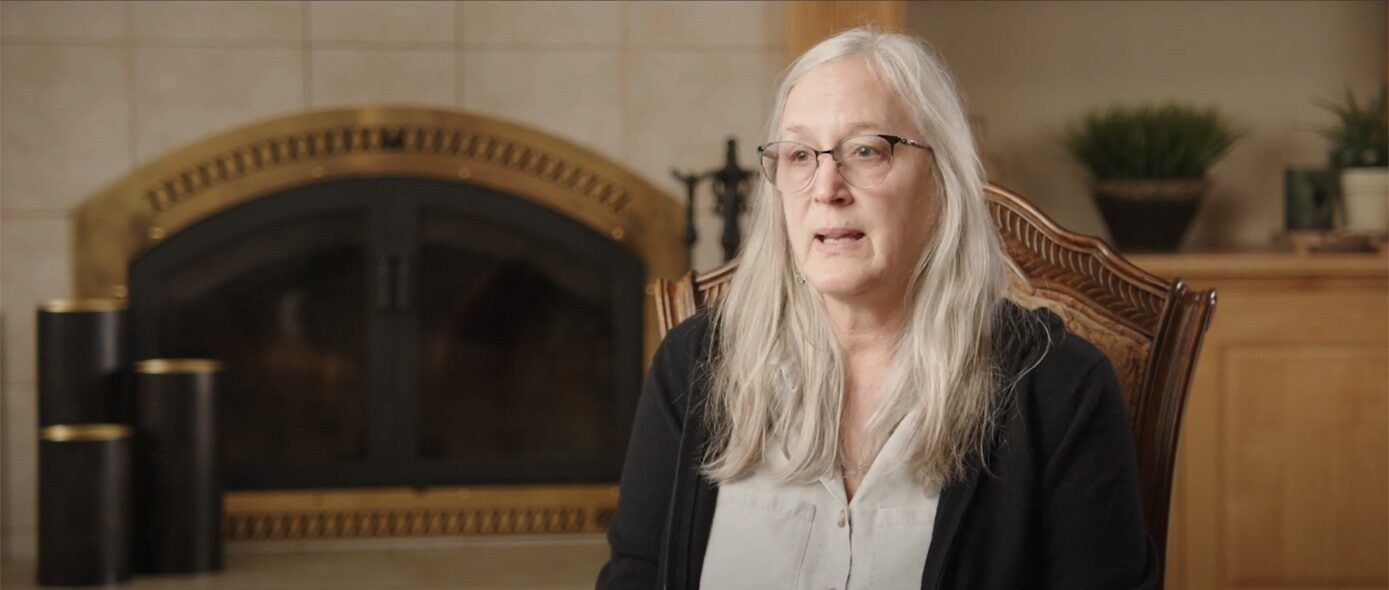A common misunderstanding of shoreside maritime workers is that the Longshore and Harbor Workers’ Compensation Act (LHWCA) and the Jones Act only apply to accidents and injuries arising from a singular incident. However, the maritime environment also poses a risk for another type of injury that develops over time, known as a repetitive use injury.
Maritime repetitive use injuries are often debilitating and can be caused by the presence of a negligent condition over an extended period of time. If you or a loved one is suffering from a repetitive use injury due to the negligence of a vessel owner or other maritime company, an experienced attorney can help you build a case to recover the compensation you need to cover your damages.
Maritime Repetitive Use Injury Lawyers for Alaska, California, Oregon, and Washington
Whether you work shoreside or at sea, you have the right to fair compensation for your maritime repetitive use injury. With decades of experience handling maritime injury cases coast-to-coast, the maritime injury attorneys of Anderson Carey Williams & Neidzwski, LLP can help you get the compensation you deserve from a maritime or insurance company that is more concerned about the bottom line than you and your injury. To schedule your free initial case consultation with Anderson Carey Williams & Neidzwski, LLP, call 1-800-262-8529 today.
Definition of Repetitive Use Injury and Maritime Causes
A repetitive use injury is any injury caused by repetitive tasks, forceful exertions, vibrations, loud noises, mechanical compression, sustained positions, or awkward positions. Also known as cumulative trauma disorders, repetitive movement injuries, repetitive stress injuries, continuous trauma injuries, musculoskeletal disorders, and occupational overuse syndrome, repetitive use injuries are painful conditions that affect muscles, nerves, tendons, and other soft tissues. In the maritime environment, a repetitive use injury most commonly affects the fingers, hands, arms, shoulders, knees, neck, back, and legs.
Whether you are a fish processor or an able-bodied seaman, the conditions that surround working for a vessel or at sea make repetitive use injuries common to maritime employees. The vibration of the engine and equipment, the unsteadiness of the decks, the heaviness of the cargo, and the awkward movements in cramped spaces are all examples of environmental contributions to repetitive use injuries in the maritime sphere. Negligence in repetitive use injury cases can be found in things like failure to teach proper shipboard lifting techniques, failure to implement sound reduction or provide ear safety equipment, and failure to properly maintain equipment for reasonable ease of use.
Repetitive use injuries can be difficult to manage, expensive to diagnose, and may permanently alter your ability to work as a seaman, be it as a fisherman, ferry worker, tugboater, engineer, or dock worker. An experienced maritime injury attorney can help you build a case for compensation under the Jones Act or related maritime law for your repetitive use injury.
Types of Maritime Repetitive Use Injuries
A maritime repetitive use injury can occur through the repetitive overuse of a specific set of muscles and joints over an extended period of time, or it can be an aggravation of a preexisting injury through continuous use of the injured tissue. The type and name of the repetitive use injury depends largely on the location of the injury and the involved tissues. Some examples of syndromes or conditions that represent repetitive use injuries that maritime workers may suffer include:
- Bursitis
- Carpal Tunnel Syndrome
- Cubital Tunnel Syndrome
- DeQuervain’s Syndrome, or Mother’s Wrist / Washerwoman’s Sprain
- Hearing Loss
- Intersection Syndrome
- Lateral Epicondylitis, or Tennis Elbow
- Medial Epicondylitis, or Golfer’s Elbow
- Rotator Cuff Syndrome
- Tendinitis
- Thoracic Outlet Syndrome
When fully manifested, these injuries come with noticeable pain, inflammation, heat, swelling, and potentially decreased mobility. Without full-fledged symptoms of a repetitive use injury, the diagnosis can be more difficult to determine. When facing an injury of this type, it is best to seek immediate and thorough medical attention. Then, you can work with an experienced maritime injury lawyer to recover the compensation you need, such as increased maintenance and cure payments.
Recoverable Damages for Maritime Repetitive Use Injuries
Since symptoms of a repetitive use injury are difficult to pinpoint before the full effects of the damage are felt, these injuries are rarely treated with things like preventative therapy modalities. Often, the full damage has already occurred and the seaman or harbor worker suffering from a repetitive use injury must endure months of recovery.
Treatment for these injuries can be expensive, as it usually involves extensive physical and occupational therapy, rest, and even measures like massage, acupuncture, or surgery. It is important to contact an experienced maritime injury lawyer if you believe you have suffered a repetitive use injury due to negligence and need compensation such as:
- Higher maintenance payments
- Initial and ongoing medical costs
- Special treatment costs, such as for physical therapy or chiropractic care
- Lost wages
- Reduced earning capacity
- Disability
BOATLAW, LLP | Maritime Repetitive Use Injury Attorneys in Portland, Seattle, Bellingham, and San Francisco
If you have suffered a repetitive use injury due to the negligence of a maritime company or the unseaworthiness of a vessel, contact the experienced maritime injury attorneys of Anderson Carey Williams & Neidzwski, LLP with offices in Portland, Seattle, Bellingham, and San Francisco. We will fight for fair compensation for your repetitive use injury through settlement or lawsuit, always keeping your best interests at heart. Your first consultation with Anderson Carey Williams & Neidzwski is free, so call 1-800-262-8529 today and schedule yours.











